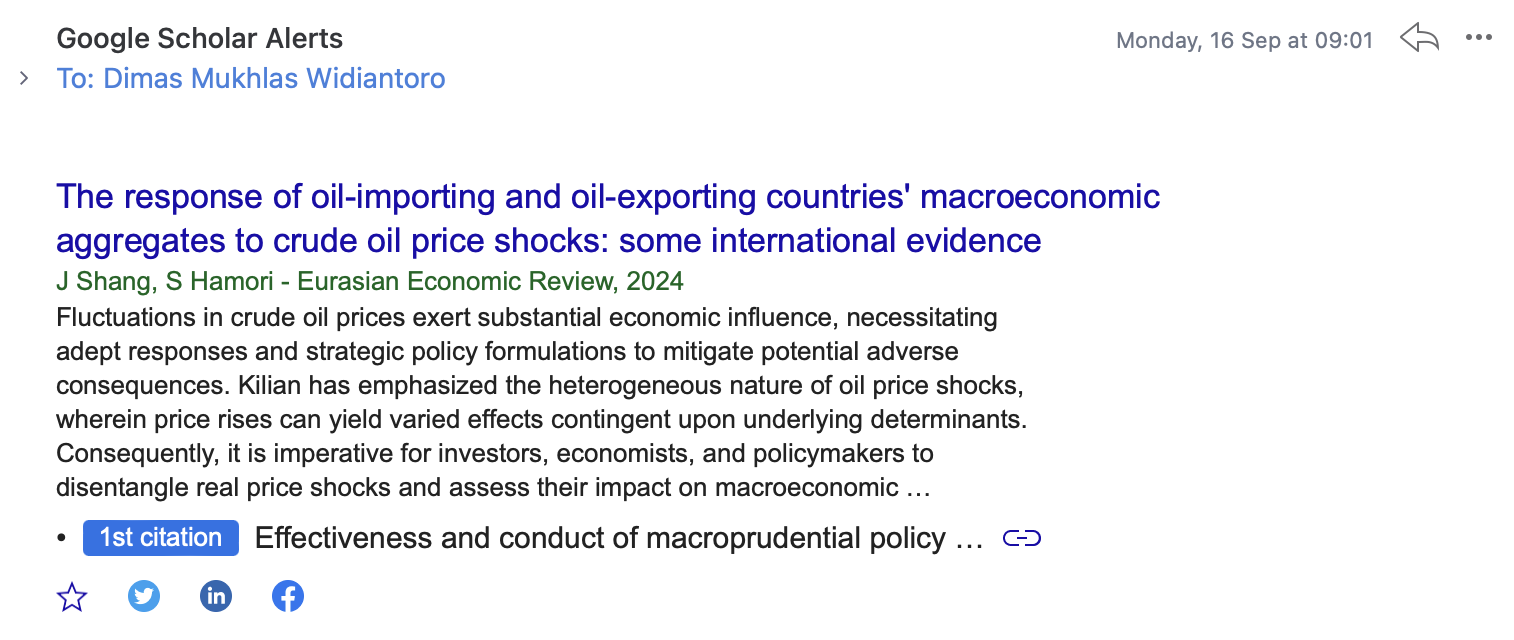What impacting buble
Posted by: admin 1 month, 1 week ago
(Comments)
Economic bubbles occur when the prices of assets such as real estate, stocks, or commodities rise rapidly to levels far beyond their intrinsic value, typically driven by exuberant market behavior. Several factors can contribute to the formation and bursting of bubbles:
### 1. **Excessive Speculation**:
- **Investor Behavior**: When investors expect that asset prices will continue to rise indefinitely, they may buy assets not because of their underlying value, but simply because they believe they can sell them at a higher price in the future. This speculative buying pushes prices up further.
- **Herd Mentality**: Investors often follow the crowd. If they see others making profits in a particular market, they are likely to jump in as well, further inflating the bubble.
### 2. **Easy Access to Credit**:
- **Low Interest Rates**: When borrowing costs are low, more people are willing and able to take on debt to invest in assets. This can drive up demand and prices. Low interest rates also make alternative investments like bonds less attractive, pushing more money into the booming market.
- **Loose Lending Standards**: If banks and financial institutions relax their lending standards, more people can borrow money to invest in the asset class that is experiencing a boom, even if they are not creditworthy. This can fuel the bubble even more, as seen in the subprime mortgage crisis.
### 3. **Overconfidence and Mispricing of Risk**:
- **Overconfidence**: Investors may become overly confident in the market’s ability to keep rising, ignoring or downplaying risks. This can lead to the mispricing of risk, where assets are purchased at inflated prices without a proper assessment of their true value or the potential for loss.
- **Misleading Information**: During a bubble, there is often a disconnect between the actual value of an asset and the perceived value, sometimes fueled by misleading information, unrealistic projections, or irrational expectations of future growth.
### 4. **Market Euphoria and Emotional Investing**:
- **Emotional Investing**: Greed, fear of missing out (FOMO), and other emotions can drive investors to make irrational decisions, further inflating the bubble. When everyone believes that prices can only go up, rational decision-making often gives way to exuberance.
- **Media Hype**: Media coverage can amplify market trends, drawing more attention to booming markets. Positive news stories can encourage more investors to enter the market, further driving up prices.
### 5. **Supply and Demand Imbalances**:
- **Limited Supply**: In some cases, a genuine shortage of a particular asset (like housing in a desirable location) can lead to rapidly rising prices. However, if demand is primarily driven by speculation rather than real need, this can lead to a bubble.
- **Artificial Demand**: In certain situations, demand may be artificially inflated by speculative activities, such as buying with the sole intent of selling at a higher price, rather than using the asset.
### 6. **Leverage and Margin Trading**:
- **High Leverage**: When investors use borrowed money (leverage) to buy assets, it can amplify both gains and losses. High levels of leverage can lead to rapid price increases, but it also increases the risk of a sharp correction when the market turns.
- **Margin Trading**: In stock markets, margin trading allows investors to borrow money to purchase stocks, which can fuel bubbles. If prices fall, margin calls can force investors to sell, exacerbating the crash.
### 7. **Regulatory and Policy Failures**:
- **Inadequate Regulation**: Weak regulation or oversight can allow risky practices to proliferate, contributing to bubble formation. For example, if financial institutions are not adequately regulated, they may engage in excessive risk-taking.
- **Government Policies**: Sometimes, government policies can unintentionally fuel bubbles. For example, tax incentives for property investment or other forms of government intervention can inflate prices beyond sustainable levels.
### 8. **External Economic Shocks**:
- **Sudden Economic Changes**: External factors, such as changes in interest rates, economic downturns, or geopolitical events, can cause the bubble to burst. For example, a sharp increase in interest rates can make borrowing more expensive, reducing demand and causing prices to fall.
### 9. **Feedback Loops**:
- **Self-Fulfilling Prophecies**: As asset prices rise, they can create a feedback loop where rising prices attract more buyers, which pushes prices even higher. This can continue until the market reaches unsustainable levels.
- **Ponzi Schemes and Fraud**: In extreme cases, bubbles can be fueled by fraudulent schemes where returns to earlier investors are paid from the investments of newer investors, rather than from profit earned by the operation of a legitimate business. When such schemes collapse, the bubble bursts.
### Summary:
Bubbles are typically driven by a combination of excessive speculation, easy credit, overconfidence, emotional investing, and sometimes inadequate regulation. They are unsustainable by nature because they are based on inflated prices that do not reflect the true value of the underlying asset. When reality sets in—whether through rising interest rates, economic downturns, or other factors—the bubble bursts, leading to sharp declines in asset prices and often significant economic fallout.
why eventhough the r is denominator in LM formula, the slope of LM still goes upward
Recent newsAlright! Let me simplify this for you. We’re talking about the **LM curve**, which shows the relationship between **interest rates (r)** and **income (Y)**. Now, you’re asking why this curve **slopes upward**, even though **r** is in the denominator in the formula.
read more4 days ago
Who won the debate last night between Harris and Trump
Recent newsIn the September 10, 2024, presidential debate between Kamala Harris and Donald Trump, early analyses suggest that Kamala Harris was seen as the winner by several experts and media outlets. According to a flash poll and expert opinions, Harris performed slightly better, earning higher marks for her responses on issues like the economy, healthcare, and foreign policy. While both candidates were criticized for avoiding certain questions and sharing biased data, Harris received a C grade, compared to Trump's C- in some analyses【38†source】.
read more5 days, 12 hours ago
What is the purpose of cash flow statement?
Recent newsA cash flow statement is a financial document that provides a detailed summary of a company's cash inflows and outflows over a specific period, typically divided into operating, investing, and financing activities. Its main purposes are:
read more5 days, 12 hours ago
5 days, 12 hours ago
Why the government of Japan increase their interest rate?
Recent newsThe Japanese government, through the Bank of Japan (BOJ), raised interest rates in August 2024 in response to growing inflationary pressures. Japan had experienced years of low inflation, even deflation, but by mid-2024, inflation had accelerated beyond expectations, driven by higher energy costs, a weakening yen, and global supply chain disruptions. These inflationary trends threatened the BOJ's long-term price stability target.
read more5 days, 12 hours ago
How the Yen currency appreciation affect carry trade
Recent newsThe "yen carry trade" refers to an investment strategy where investors borrow yen at low interest rates and invest in higher-yielding foreign assets. Japan’s historically low interest rates made the yen attractive for this strategy, as borrowing in yen was cheap. Investors would use the borrowed funds to buy assets in countries with higher interest rates, pocketing the difference in yield.
read more5 days, 12 hours ago
The formula of buble
Recent newsAn **asset bubble** doesn't have a single, universally accepted formula, but it can be understood through a combination of economic models and indicators that show when asset prices deviate significantly from their intrinsic or fundamental values. Typically, asset bubbles occur when the prices of financial assets, such as stocks, real estate, or commodities, rise rapidly and unsustainably due to speculative demand, often detached from the underlying economic fundamentals.
read more1 week, 1 day ago

Collaboratively administrate empowered markets via plug-and-play networks. Dynamically procrastinate B2C users after installed base benefits. Dramatically visualize customer directed convergence without





Comments